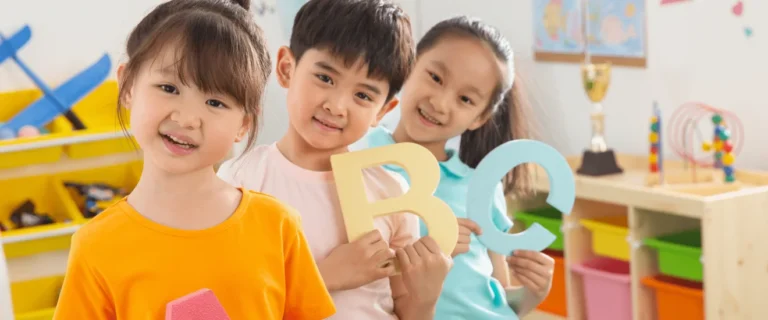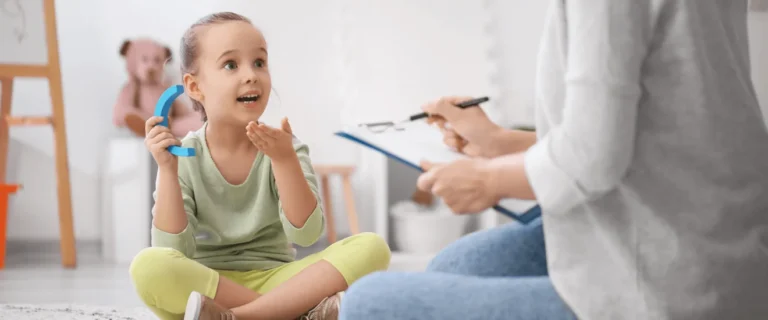Congratulations! Your child is ready to start school! You’ve chosen a school, your child’s IEP plan and team are in place (if your child will be using one), and now it’s time to start preparing for the first day.
Here are some strategies you can use to help your child with autism prepare for their first day of school.
Familiarize Your Child with the School Environment
One of the best ways to ease your child into a school routine is by familiarizing them with the new environment. You can do that by:
- Visiting the School: Arrange a visit to the school before the first day. Walk around the campus, play on the playground, and take pictures so you can talk about them at home.
- Using Visual Supports: Create a visual schedule that includes their morning routine as well as pictures of your child’s school and teacher. This can help your child understand what to expect and feel more in control.
- Practicing Routine: Begin to practice the routine of getting dressed, packing a backpack, and following a morning routine similar to what they will experience on school days before the first day of school.
You may want to consider reaching out to your child’s school and inquiring about a pre-first-day visit. During this visit your child will have an opportunity to explore their classroom. Your child may have a chance to meet their teacher and take a picture of/with them, if willing and available. This can help reduce any anxiety your child may be feeling by making the environment more predictable and familiar.
Focus on Social Skills
Social interactions can be challenging for children with autism. Helping your child develop these skills before school starts can make a significant difference. Consider:
- Playdates and Social Groups: Arrange playdates with other children or enroll your child in social skills groups. These opportunities provide a safe environment to practice interacting with peers.
- Role-Playing: Practice common school scenarios, such as introducing oneself, asking for help, or sharing toys. Role-playing these situations can help your child feel more confident in social interactions.
- Teach Empathy: Read books or watch videos that focus on emotions and empathy. Discuss how characters feel in different situations and how your child can respond appropriately.
Click here for even more information on how to help prepare your child to interact with their peers and make friends.
Encourage Independence
Building independence is key to your child’s success in school. Here are some ways to foster independence:
- Self-Help Skills: Teach your child essential self-help skills, such as dressing, using the bathroom, washing hands, and eating independently. Practice these skills regularly at home.
- Responsibility: Give your child age-appropriate responsibilities, such as packing their backpack or making sure their items are placed in the same place each day. This fosters a sense of ownership and self-reliance.
- Positive Reinforcement: Use positive reinforcement to encourage independence. Praise your child for completing tasks on their own and consider providing rewards for their efforts (e.g. sticker chart, reward chart).
If your child has been receiving ABA therapy and will continue to do so as they start school, your child’s BCBA can be a great resource to help make sure your child is building the skills they need to be successful in school.
Stay Positive and Patient
Starting school is a significant transition, and it’s natural for both you and your child to feel a range of emotions. During this time be sure to:
- Maintain a Positive Attitude: Your attitude can influence your child’s perception of school. Stay positive and express excitement about the new experiences they will have.
- Be Patient: Adjustments take time. Be patient with your child and provide consistent support and encouragement.
- Seek Support: Connect with other parents and support groups who understand your journey. Sharing experiences and advice can provide comfort and valuable insights.
Conclusion
Preparing your child with autism for their first day of school is a process that requires careful planning and collaboration between you, your child’s care team, and their new school. By familiarizing your child with the school environment, focusing on social skills, encouraging independence, and maintaining a positive and patient attitude, you can help ensure a smooth transition.
Looking for more support? Our team is here to help your child succeed every step of the way. Click here to learn more about the services we offer and how we can help your family.






